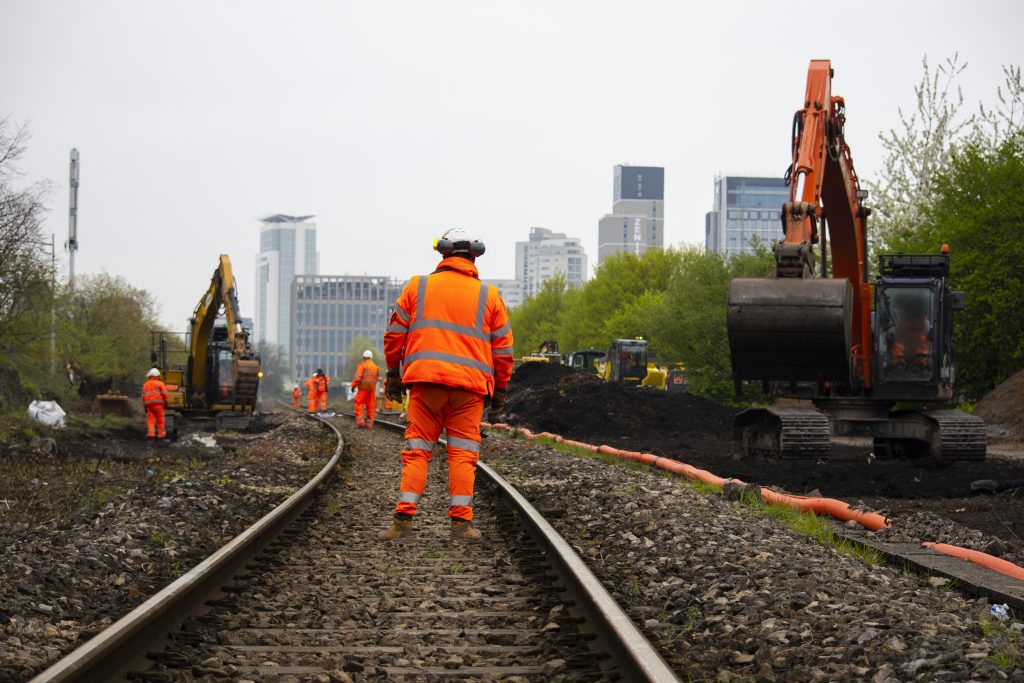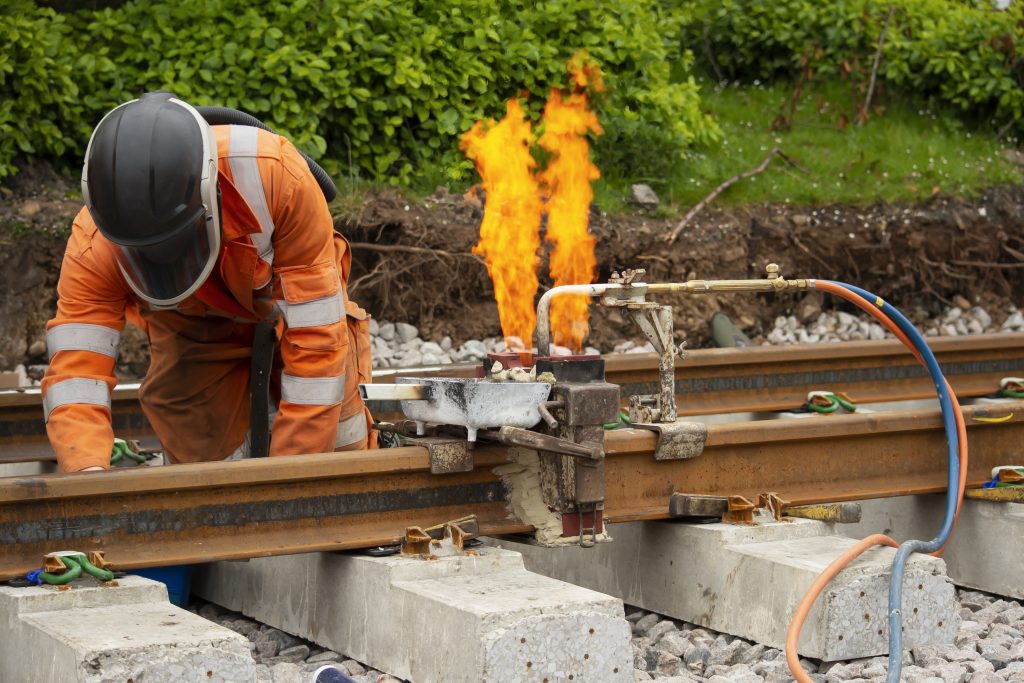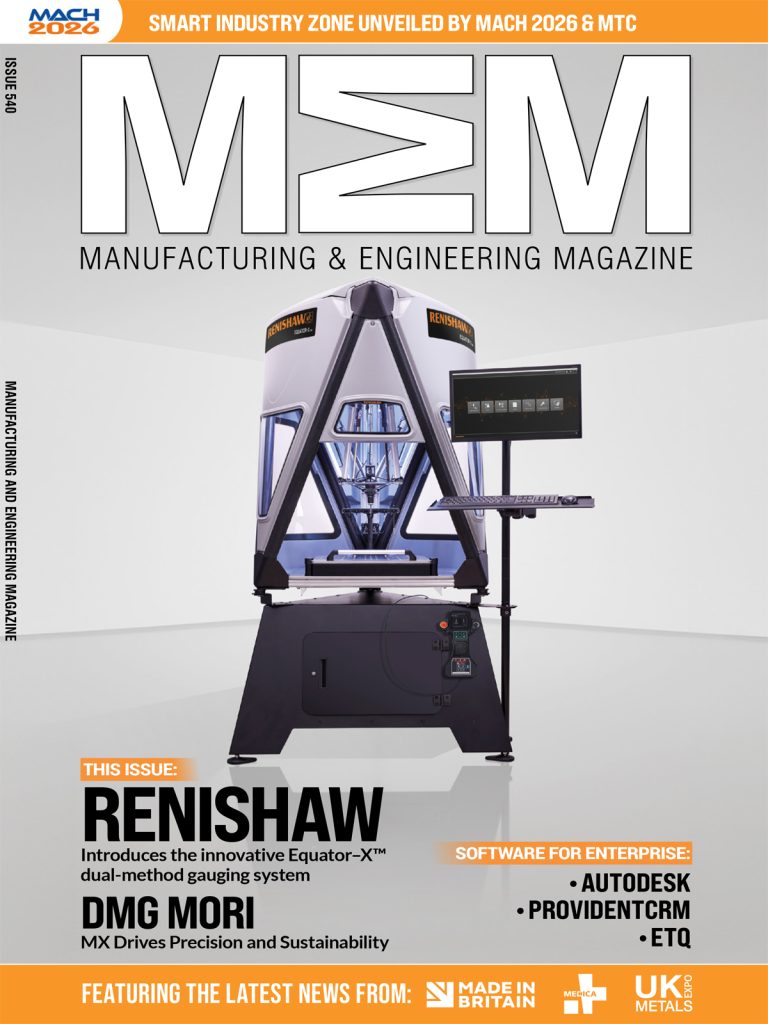Dr Stephen Fletcher, Director at the OPC, Shares the Critical Role of Non-Technical Skills (NTS) and Safety Culture to Help Improve Safety for Rail Track Engineers and other High-Risk Engineering Workers.
For over 30 years, the Occupational Psychology Centre (OPC) has worked alongside rail operators, track rail engineering agencies, and other engineering operators in both the UK and overseas to enhance safety and performance within rail and transport sectors and other industries. With a particular focus on Human Factors, the OPC’s expertise lies in understanding why safety-critical workers make errors and experience safety incidents.

The Critical Need for Track worker and Engineer Safety
The Office for Rail and Road (ORR) reports a steady rise in workforce injuries across all rail networks, since 2021 with severe incidents (lasting more than seven days) increasing by 24%, including cases of shock and trauma. While fatalities remain rare, these figures highlight a concern. Similarly, the Health and Safety Executive (HSE) data shows persistent risks in industries like construction, agriculture and manufacturing, with workplace fatalities (138 in 2023-24) and injuries continuing to impact employee wellbeing and productivity.
Dr Fletcher said “Enhancing engineering and trackworker safety is critical for the rail sector and beyond. While fatalities are rare, the rise in severe incidents and near-misses calls for continued focus and renewed efforts on stronger preventative measures.” He added “Prioritising safety culture improvements, and implementing Non-Technical Skills (NTS) can help reduce the risks. When combined with robust engineering controls, these approaches can assist to create comprehensive safety systems to reduce incidents and better support workers in high-risk environments.”
Key Non-Technical Skills for Engineer Safety
OPC psychologists emphasise several fundamental NTS that complement technical capabilities, helping engineers manage high-pressure situations, helping to reduce the likelihood of incidents:
- Risk anticipation and time focus – essential for safety-critical work environments. Engineers must identify emerging hazards, evaluate possible outcomes, and take proactive steps to avoid incidents. This includes staying alert to subtle and cumulative risks like fatigue, shiftwork impact, or incomplete safety briefs that could lead to unsafe working behaviours. Time focus combines strong task prioritisation and thorough checks to avoid errors, allowing engineers to meet deadlines without compromising safety.
- Vigilance and concentration. Engineers must continuously monitor their surroundings, remaining alert to changing conditions and potential hazards. Vigilance ensures distractions are avoided, enabling workers to stay focused on key tasks.
- Conscientiousness and checking: A meticulous approach and verification towards jobs can prevent errors and life-threatening mistakes. Outstanding engineers will double-check work details, equipment, and team competence, ensuring nothing is overlooked. Even under pressure their conscientiousness means they avoid rushing.
- Rules adherence. Effective engineers understand and follow strict rules and procedures, especially during unexpected disruptions ensuring high safety standards are upheld.

Post-Incident Assessment to explore NTS shortfalls
For over two decades, OPC psychologists have conducted more than six hundred Post-Incident Assessments (PIAs) to explore the root causes of safety incidents. Their findings often point to NTS shortfalls, such as lapses in concentration or inadequate checking, as significant contributors.
Dr Fletcher, said, “We often find recurring NTS shortfalls across employees and incidents meaning a single NTS deficiency can contribute to multiple incident types. Post-Incident Assessments provide valuable insights into these gaps, allowing for targeted development plans that help to improve safety performance and prevent future incidents.”
A Track Engineer Case: A Close Call on the Tracks
OPC psychologists were asked to analyse a near-miss incident involving two track engineers and a signaller. Their focus was on the Non-Technical Skill (NTS) gaps, communication, and procedural concerns.
The incident occurred during a busy period, with frequent trains running. The planned work would require some time and a scheduling change meant the signaller was preparing for a shift handover. The signaller pre-filled paperwork to speed up the process. A phone discussion established that four trains needed to pass before finalising the line blockage, with the engineer was tasked to confirm when the fourth train had cleared.
After observing three trains pass, the track engineer received an unexpected call from the signaller to agree the line blockage. Assuming the signaller had accurate information, the engineers proceeded despite not confirming the fourth train’s position.
While working, the engineers questioned whether the fourth train had passed. Sensing something was wrong, the lead engineer directed the assistant to move to safety. Moments later, a fast train approached. The assistant moved just in time. A fatality was narrowly avoided due to the decisive risk anticipation demonstrated by the lead track engineer.
Demonstrating the effectiveness of key NTS in action
This case highlights the importance of key NTS such as, Risk Anticipation. The lead track engineer demonstrated strong risk anticipation and safety leadership, protecting a less experienced colleague. They remained alert to cumulative subtle risks e.g., the busy location and time; the process deviations by the signaller, and observing only three trains passing. Their unease prompted a safety-check to confirm the train count that led to a life-saving decision instructing the team member to move to safety, likely preventing a serious incident.
Time urgency contributed significantly to this near-miss incident, as efficiency took precedence over strict safety protocols. The signaller’s rush to complete tasks before a shift changeover led to missteps and bypassing safety protocols, including pre-filling paperwork and skipping a check on the fourth train’s location. Completing the full documentation during the agreed call could have prompted vital verification of the last train, likely preventing the incident. This highlights how prioritising speed and efficiencies can compromise safety, and emphasised the critical need for diligence in safety-critical procedures.
Conscientiousness and Checking: The signaller’s failure to properly check the number of trains before proceeding with the line blockage contributed to the near-miss. Pre-completing the paperwork to ‘help’ was a conscientiousness short fall. Better adherence to checking protocols could possibly have avoided the near-miss situation.
The previous case study highlights how individual behaviours and decisions can significantly impact safety outcomes for track engineers. Equally important, however, is the broader context of safety culture, which can influence these actions. A strong safety culture develops shared values, prioritises safety, promotes rules adherence and cultivates a positive work environment through effective safety leadership.
Track Engineer Post Incident Case: Safety Culture Learnings
In a Post Incident Assessment (PIA) with contracted rail engineers, OPC psychologists uncovered several safety culture issues that contributed to a near-miss track incident.
Two contracted track engineers were tasked with setting up safety marker possession boards and detonators on an unfamiliar, complex section of track during a night shift. A series of escalating risks and challenges compounded the situation, including a stressful, traffic-delayed journey to work, a rushed safety briefing, and additional unplanned tasks to the job. Concerns over job security left the engineers feeling unable to question the extra workload.
After a long, tiring walk carrying heavy equipment, they faced further pressure from repeated phone calls inquiring about their progress. When they reached the first set of points, feeling rushed and fatigued, they set up the possession boards and detonators without thoroughly reviewing maps or paperwork, placing them in the wrong location.
Still under pressure to complete the second task, they moved to the next set of points. Confused by the track layout and without checking the briefing details, they set up the possession boards and detonators based on assumptions. While resting beside the track, they saw a train approaching and heard the detonator detonate, revealing their earlier mistake. The possession boards had been incorrectly placed, and the engineers had unknowingly been working on live rails and open lines. This incident resulted in a serious near-miss with potentially fatal consequences.

OPC Psychologists highlighted several organisational safety culture learnings through their Post-Incident Analysis.
- Effective Planning and Prioritisation: The decision to add extra work for a two-person crew instead of bringing in additional engineers created significant safety risks. It is essential that safety is prioritised over productivity in such scenarios.
- Undue Pressure and Its Impact on Performance: The track engineers reported feeling pressured to complete their tasks quickly, which led to shortcuts and inadequate checking. Pressure can be a recurring factor in safety incidents and highlights the need for a work environment where employees feel empowered to challenge unrealistic demands.
- Creating an Open Safety Culture: Track engineers must feel safe to challenge unsafe practices without fear of reprisals. Encouraging a culture where employees or contractors can raise concerns about safety is essential for improving overall safety.
- Safety Leadership: Managers play a crucial role in creating a safety-first culture. Strong safety leadership prioritises the well-being of the team – whether employed or contracted, over productivity. Skilled safety leaders support and encourage employees to make safety their top priority too.
Building a Safer Future for Track Engineers
The OPC’s work across different sectors highlights the critical role of Non-Technical Skills (NTS) in improving safety and performance. Despite robust safety measures, rising incidents highlight the need to focus on human factors, integrate NTS, and develop a safety-first culture. Addressing systemic safety culture gaps can help reduce risks, prevent near-misses, and create safer workplaces across all engineering environments.
Dr Fletcher concluded, “It is crucial to acknowledge the pivotal role NTS and safety culture play in preventing incidents across safety-critical engineering sectors, not just rail. A strong safety culture prioritises wellbeing over productivity, empowers employees to challenge unsafe practices, and develops an environment where pressure doesn’t compromise thoroughness. These elements are crucial to reducing near-miss incidents and ensuring safer working environments across the engineering industry and the rail network.

If you think the OPC could help you improve your engineers’ safety performance through NTS or Safety Culture improvements, get in touch with the friendly team.
W: www.theopc.co.uk T +44 (0) 1923 234646 E: admin@theopc.co.uk
Manufacturing & Engineering Magazine | The Home of Manufacturing Industry News















